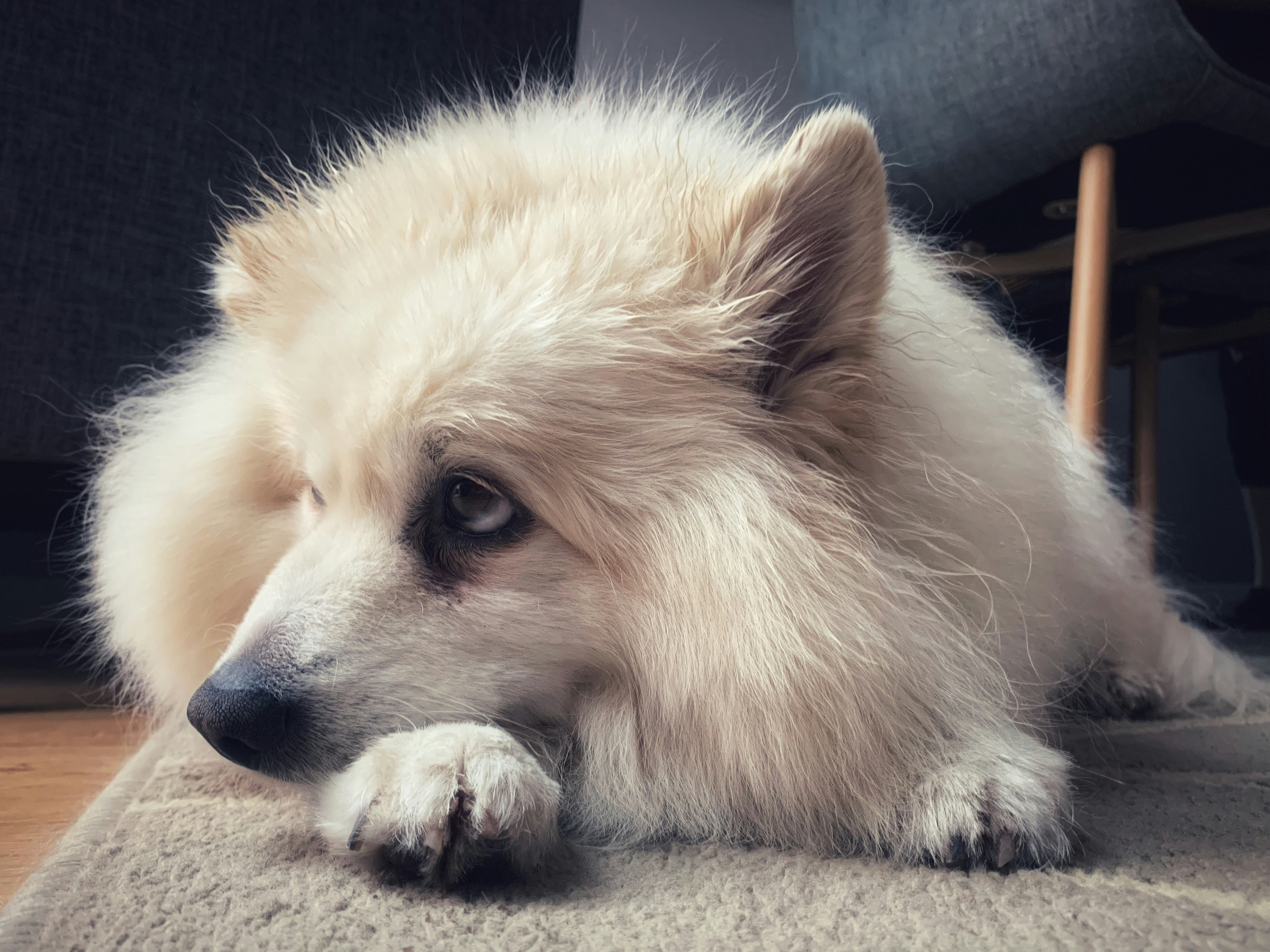Media release
From:
Animal behaviour: Neglected puppies are more aggressive and fearful as adults
Dogs who experience neglect as puppies are more likely to be fearful and aggressive in adulthood, with some breeds showing stronger tendencies towards these behaviours, suggests research published in Scientific Reports. The study, which surveyed 211 dog breeds with English speaking owners, finds that breeds such as American Eskimo Dogs showed stronger responses associated with early life adversity, which may indicate that genetic differences affect dogs' sensitivity to these experiences.
While previous studies indicate that dogs exposed to traumatic or harmful experiences during early puppyhood may develop fearful or aggressive behaviours, a lack of empirical data leaves uncertainty around whether some dogs experience breed-specific responses to neglect.
Julia Espinosa and colleagues analysed data collected from 4,497 dogs with a median age of 5.42 years using the Canine Behaviour Assessment and Research Questionnaire (C-BARQ) between October 2022 and July 2024. Owners reported their dog’s responses to 45 common triggers of aggressive and fearful behaviours including sudden, loud noises, or strangers approaching the front door of their house. The authors then investigated potential correlations between dogs’ responses to these triggers — such as snapping, biting, retreating, or attempting to hide — with examples of adversity experienced during puppyhood, characterised as trauma, abuse, and negative behaviour.
Of the total number of dogs surveyed, one third had experienced adversity within the first six months of their lives. These dogs scored significantly more highly for aggression and fear in adulthood than those who had not experienced adversity. The effect of adversity on behaviour was comparable to or greater than other factors such as sex, age, and neuter status. Breed-specific analyses indicated that some dogs, including American Eskimo Dogs, were more sensitive to early-life adversity. However, other breeds such as Labrador Retrievers seemed relatively unimpacted by adversity, and showed similar levels of fear and aggressive behaviours regardless of their experiences.
The findings suggest that negative early life experiences can have lifelong psychological effects on dogs as they can in humans. The authors note that the study is limited by its reliance on owner reports, and suggest future research could help to support targeted rehabilitation strategies and guide rehoming decisions for at-risk dog breeds.



 International
International



